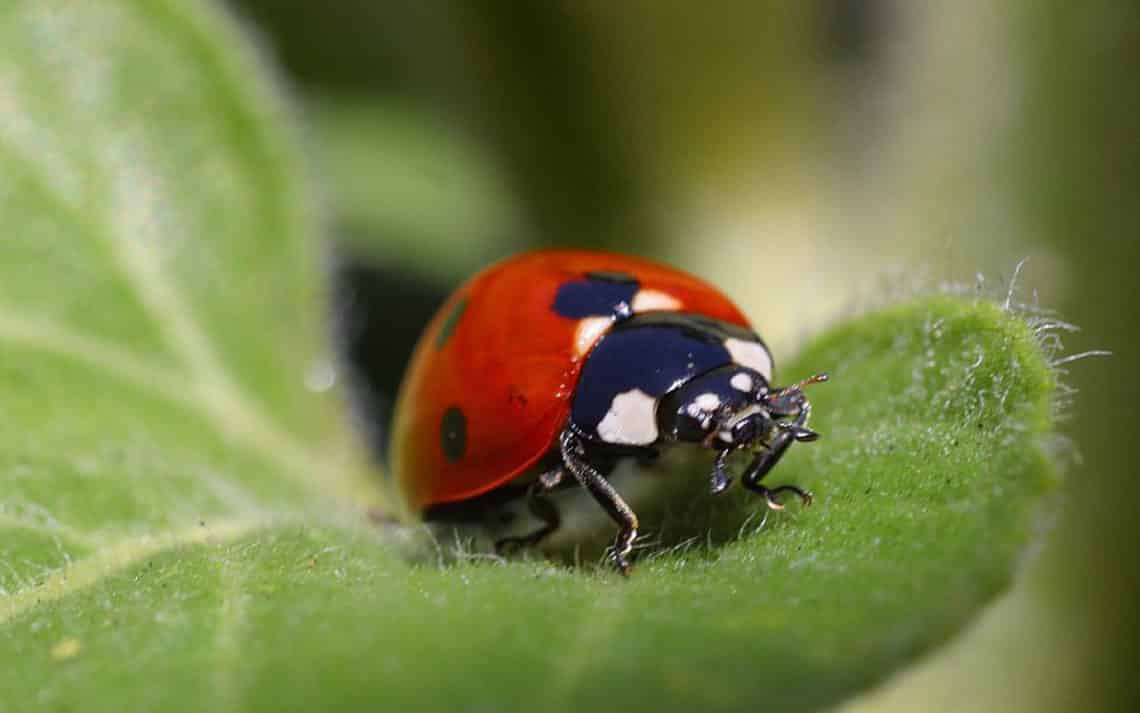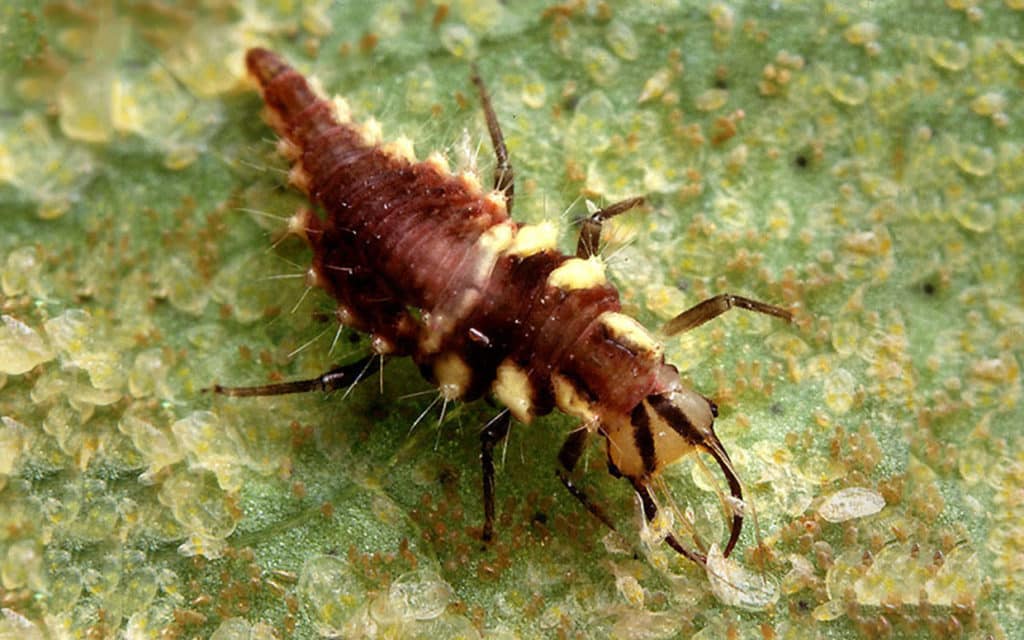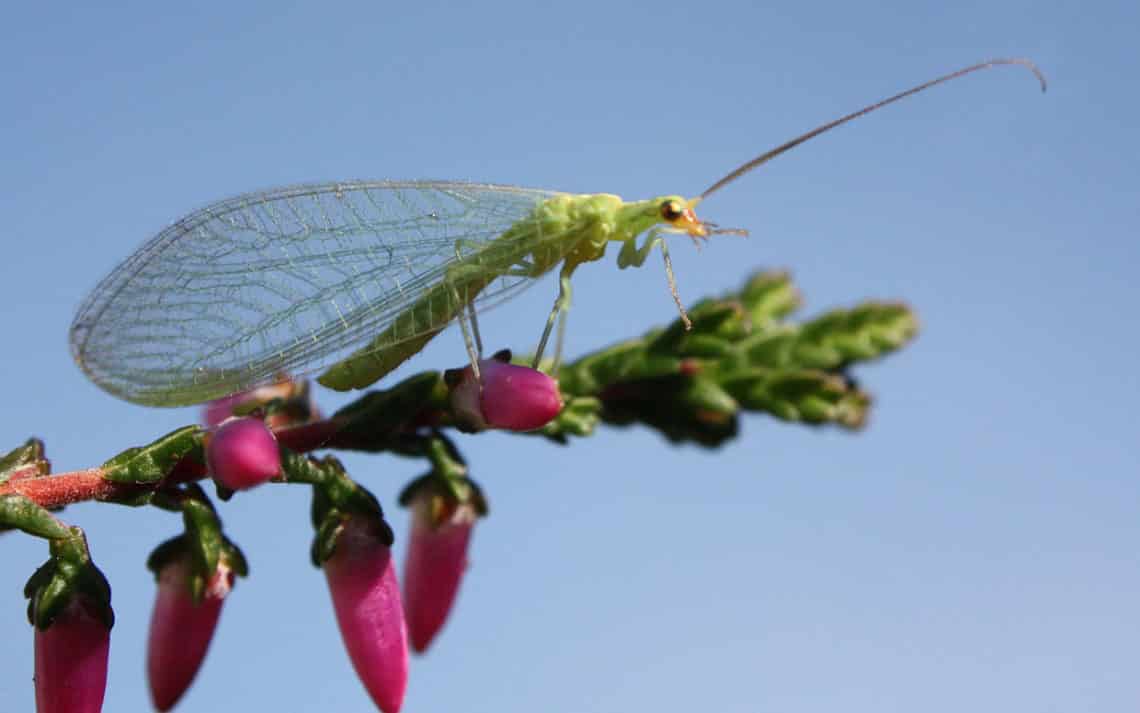The next time you’re outdoors and notice an odd or scary looking insect, resist the urge to squash it “just in case” it’s a pest. Chances are it’s a good guy for your garden, or at the very least will provide sustenance for local wildlife. The fact is that insects are integral to the survival of our planet.
Many people are unaware that insects are absolutely essential to our world, says entomologist Doug Tallamy, professor of Entomology and Wildlife Ecology at the University of Delaware. He urges home gardeners to lay off the insecticides and instead care for insects. “Just about every living thing on this planet relies on insects in one way or another,” says the author of The Living Landscape and Bringing Nature Home.

Of the approximately 4 million insect species in the world, less than 1 percent are actual pests that negatively affect agriculture or are nuisances. The majority of insects perform vital tasks such as pollination, aerating the soil and breaking down dead animals and returning them to the earth. According to Tallamy, if we lost our pollinators, we’d lose most of our plants and experience the collapse of our ecosystems.
Insects play a variety of roles in the garden, says horticulturist Jessica Walliser, author of Good Bug Bad Bug: Who’s Who, What They Do and How to Manage Them Organically and Attracting Beneficial Bugs to Your Garden. “In addition to pollinating, some insects consume other insects to keep the ecosystem balanced, while others decompose dead materials so we aren’t up to our necks in waste.”
Bees and butterflies get the most attention, but there are numerous other insects that quietly go about their work, including moths, which pollinate the night garden, parasitic wasps, which keep a variety of pests under control and ladybugs and lacewings, both of which eat troublemakers like aphids.

Unfortunately, the loss of habitat has put many insects in jeopardy. You can do your part in protecting these often-delicate creatures by keeping the following tips in mind.
Provide refuge. Plant layered landscapes in your garden that include a diverse mix of plant species and types, such as trees, shrubs, vines and groundcover. Doing this will provide insects with food and places to breed.
Grow native plants. Most insects have co-evolved with native plants in their geographic regions and can only dine and live on such plants.
Avoid spraying pesticides and insecticides. Don’t give in to the “yuck factor” and spray before you’ve positively identified an insect. Chances are you’ll discover that the little fellow is a good addition to your garden. This is often the case with the larvae and nymphs of insects, which tend to look a bit frightening but can do good things for your landscape. A lacewing larva, for instance, eats hundreds of aphids a week, so you’ll want to keep this helpful garden resident.
Julie Bawden-Davis is a garden writer and master gardener, who since 1985 has written for publications such as Organic Gardening, Wildflower, Better Homes and Gardens and The Los Angeles Times. She is the author of seven books, including Reader’s Digest Flower Gardening, Fairy Gardening, The Strawberry Story, and Indoor Gardening the Organic Way, and is the founder of HealthyHouseplants.com

